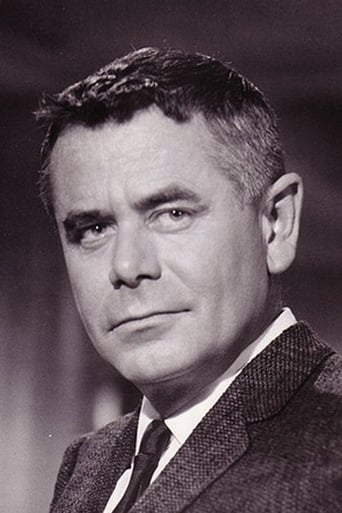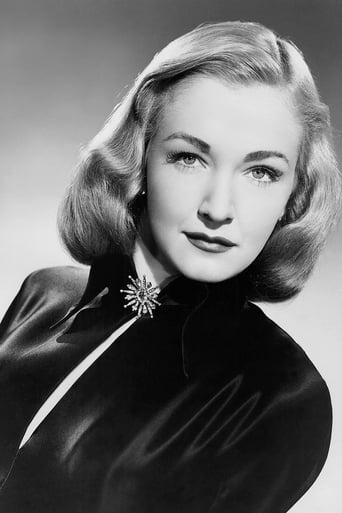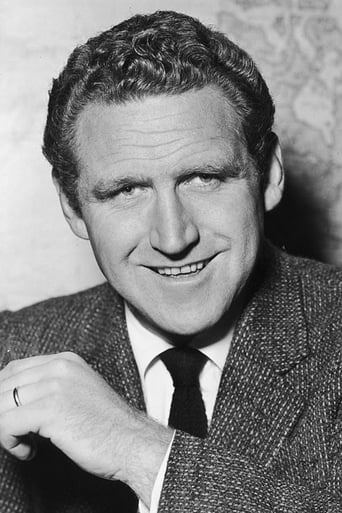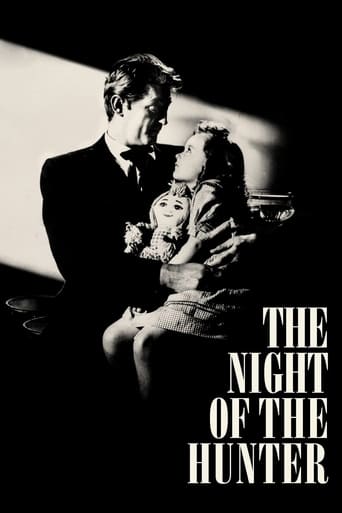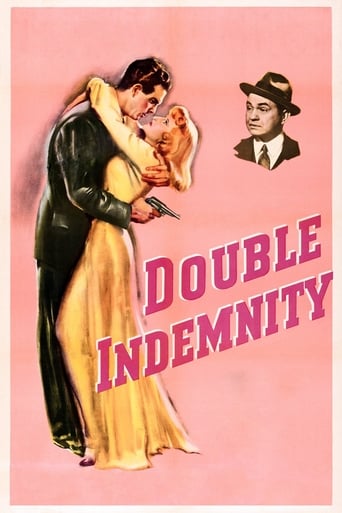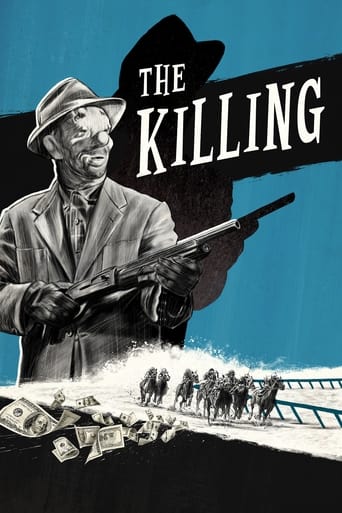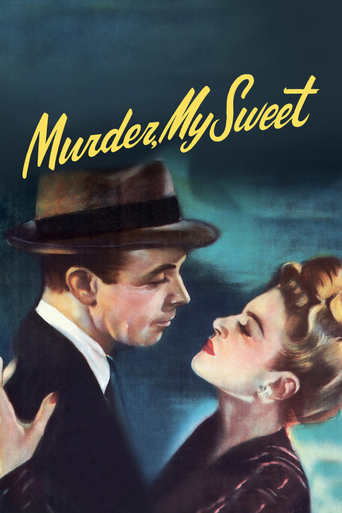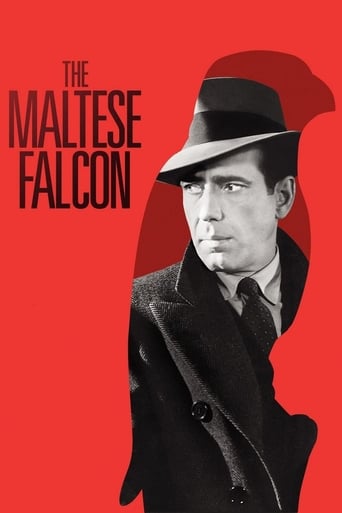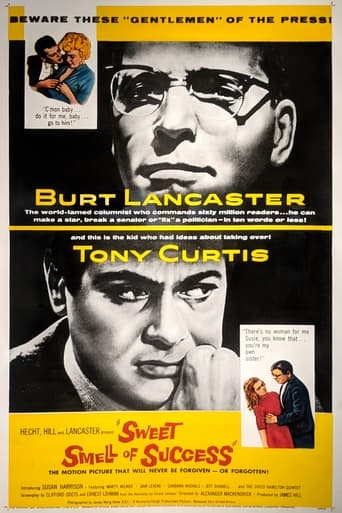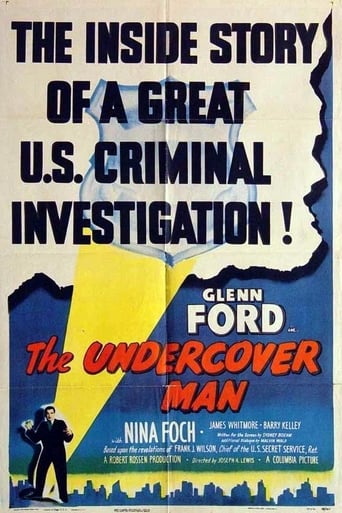
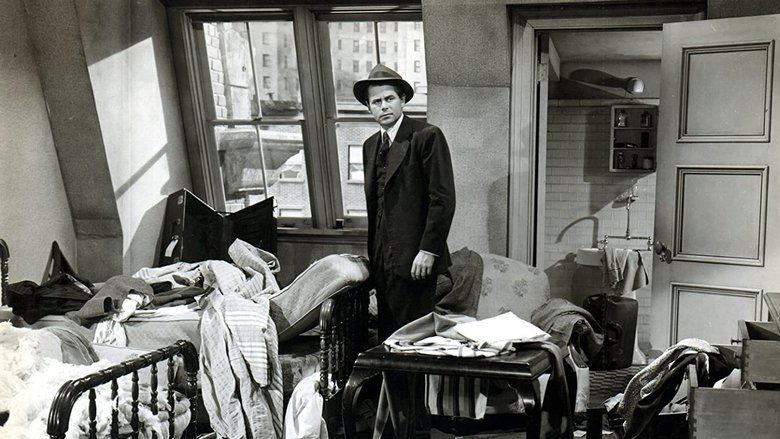
The Undercover Man (1949)
Frank Warren is a treasury agent assigned to put an end to the activities of a powerful mob crime boss. Frank works undercover, posing as a criminal to seek information, but is frustrated when all he finds are terrified witnesses and corrupt police officers.
Watch Trailer
Cast


Similar titles
Reviews
Don't Believe the Hype
Fun premise, good actors, bad writing. This film seemed to have potential at the beginning but it quickly devolves into a trite action film. Ultimately it's very boring.
if their story seems completely bonkers, almost like a feverish work of fiction, you ain't heard nothing yet.
It's a feast for the eyes. But what really makes this dramedy work is the acting.
There is a certain lack of style here that represented two of the Director's seminal Film-Noirs, Gun Crazy (1949) and The Big Combo (1955). But there are some very Noir things that make this more interesting than a standard Studio Crime Drama. There is one scene that you would never find in the "regular stuff". An Italian Grandmother is given an extended, importantly motivational scene, and speaks in her Native Italian. It is translated by her Grandchild in English as the G-Men look on with admiration and respect.Such a long and laborious Scene, the Studios would say, is too Ethnic and taxing for the White-Bread target audience. But it turns the main Character around and is touching and unique. You gotta love Film-Noir. Another gripping, gritty scene is the murder of a potential Witness in front of the aforementioned 10 year old child and she looks on yelling Papa, Papa, Papa. Another powerful and offbeat scene.One could quibble and nitpick at some of the corny stuff such as the Leader of the Mob constantly referred to as "The Big Fellow", that's just silly, and the dated text opening, frequently used, that touts the exploits of the Feds as just a bunch of regular Joe's doing their duty for the good of us all.But this is a street level investigation that seems real and the Locations and the Characters are mostly Film-Noir and this one has enough strength to put it in good standing among, if not the best of, the Genre.
Glenn Ford, with his companions James Whitmore and David Wolfe, are employees of the US Treasury Department assigned to the case of "The Big Fellow" who runs "the syndicate", sometimes called "the mob," all of whose members appear to be living beyond their means. Really, Barry Kelley, their consigliere -- I mean their "lawyer" -- files income tax returns on five thousand a year, yet drives a five-thousand dollar Chrysler and lives in a home that Hugh Hefner would envy.Well, I'll tell you. It's a tough row to hoe. The extortion racket prevails in the city. Eyeball witnesses and their families are threatened. If the threats don't seem to be working, the witnesses die natural deaths full of bullet holes. There are some people involved in the racket, one way or another, who are sympathetic but they're terrified.By dint of much effort, long hours, intrigue, and one or two dangerous meetings, Ford and his pals crack the case and The Big Fellow and all his employees wind up in the slams.There's not a great deal of action. That's not a big problem. But the script is rather routine. There is -- how should I put this? -- there is nothing WRONG with Ford. There is no edge to his character. He doesn't smoke, drink, curse, or act rude. He never raises his voice. Ford loves his devoted wife, plans to leave all the schmutz behind him and retire to a farm. He's dedicated and smart but rather a bore. Compare him to Humphrey Bogart's Sam Spade in "The Maltese Falcon." Everything about the film seems pedestrian. Yet it's not a bad movie. It's diverting in a minor way. But it's possible to imagine a hundred ways in which it could have been improved. They could start by dumping the title that reeks of stereotypy since nobody ever goes undercover.
I'm not sure why this film was entitled The Undercover Man since it did not involve any law enforcement infiltrating organized crime to bring a case against some criminals. Maybe it was the sardonic humor of producer Robert Rossen and director Joseph H. Lewis since it does involve Treasury agents Glenn Ford, James Whitmore, and David Wolfe operating out of a rather dingy apartment going over syndicate books to make an income tax case against, 'the Big Fellow'. After the success they had with taking Al Capone down this way, going after the finances of criminal enterprises has been a tried and true way to go in these matters for law enforcement. The agents are a good if colorless lot, the real spice in The Undercover Man are some of the various character roles cast by Rossen and Lewis. Barry Kelley is the syndicate lawyer, a very confident fellow right up to the end, he's one you'll remember. Also Anthony Caruso and his family, mother Esther Minciotti, wife Angela Clarke and daughter Joan Lazer. He keeps the tallies for one the syndicate's numbers parlors, but he's tasted the high life and now has a mistress as well in stripper Kay Medford, her first credited screen role. He's memorable too as the luckless Caruso is gunned down in the street.Another syndicate bookkeeper is Leo Penn and his wife Patricia Barry who flees after Caruso is killed. You'll know Leo because of his famous two time Oscar winning son Sean. The family resemblance is unmistakable. The good guys are kept colorless until almost the end. They patiently billed their case with numbers and handwriting experts who tell them where to look for clues and suspects. In the end however Glenn Ford does have to resort to the gun to get out of a tight spot.Ford's allowed a little personal life and a bit of family crisis when he thinks he could be putting wife Nina Foch in harm's way. It's a bit of a diversion showing these guys are as human as some of the people they're dealing with.But The Undercover Man is best when concentrating on the bad and the luckless. Pay particular attention to Caruso, Kelley, and Medford. It's a good if somewhat unknown noir classic.
"In the cracking of many big criminal cases such as those of John Dillinger, Lucky Luciano and Al Capone, among others-the newspaper headlines tell only of the glamorous and sensational figures involved. But behind the headlines are the untold stories of ordinary men and women acting with extraordinary courage. This picture concerns one of those men"The Undercover Man is produced by the director of All The King's Men and The Hustler (Robert Rossen), directed by Joseph H. Lewis (The Big Combo), photographed by the guy who did Bonnie And Clyde and From Here To Eternity (Burnett Guffey) and stars Glenn Ford (Gilda and The Big Heat). I don't think it's over exaggerating things to say that this particular film has pretty high credentials. But is it any good? Well yes and no is the cop out answer really. A lot will depend on your tolerance for a crime (Noir) story without the edginess and shades of dark colours so befitting the genres Undercover Man purports to belong to.Joseph Lewis' film is a good old honest tale of genuine people, each threatened or blighted by crime, collectively coming together to thwart the mob types that ran amok back in the day. Led by the seemingly unflinching Treasury Department operative Frank Warren (Ford), we are led thru a talky movie that ultimately is relying on its "who's cooking the books, and can we prove it" plot to keep all interested. Yes a couple of potent crime scenes are in the piece to ensure we know that there are villains in our midst, but really this is a sedate sort of crime picture and prospective new viewers should be prepared for that.Technically it's fine, all involved are delivering a high standard that their respective back catalogue's suggests that they should. Other cast members range from the underused (James Whitmore) to the under written (Nina Foch), with the latter a hindrance to the film because a strong female presence would have put meat on the bones of Warren's state of mind skeleton. Shyster lawyer duties falls to Barry Kelley (The Asphalt Jungle), who does rather well to be the central focus of the badness within the picture, but he is not the main man, he is not the villain at the stories heart-and with that you can't help hankering for a real touch of villainy to really darken proceedings.Recommended for sure, but only as an interesting crime story featuring pretty interesting characters. For it's neither dark or grim enough to be considered anything else. 7/10


